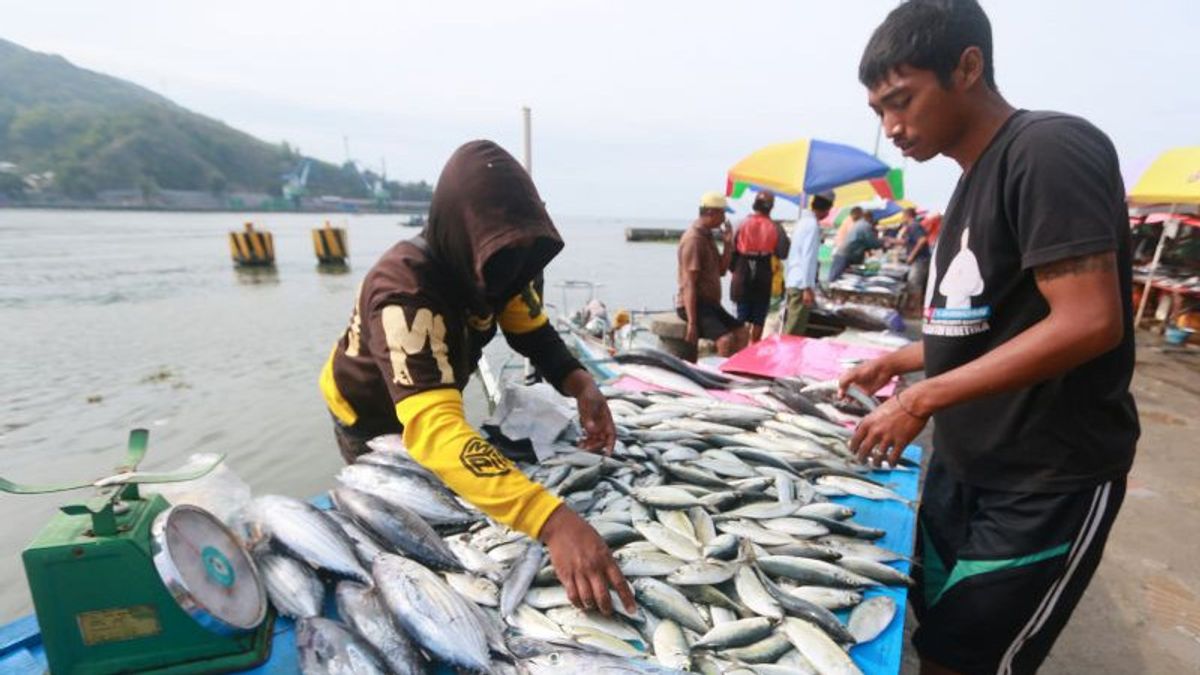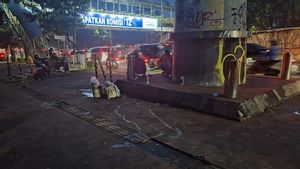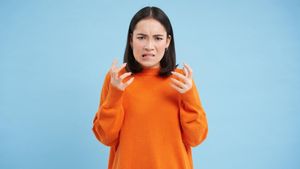JAKARTA - The Director General of Strengthening the Competitiveness of Marine and Fishery Products (PDSPKP), Artati Widiarti said, the use of the national fish tracing and logistics system (Stelina) will make it easier for business actors to meet the requirements for tracing fish exports while closing the IUU fishing gap or fishing theft.
"Stelina can make it easier and support business actors in meeting the requirements for accessibility in destination countries, as well as the application is easy and accepted by domestic business actors and export partner countries so that it can become one stop service," said Artati as quoted by Antara, Thursday, July 7.
According to him, Stelina has been designed to integrate fishery product information from upstream to downstream.
Referring to the Regulation of the Minister of Maritime Affairs and Fisheries Number 29 of 2021 concerning the National Fish Tracing and Logistics System, KKP integrates the KKP scope information system starting from arrests, cultivation, distribution, processing, and marketing.
"Stelina has been connected to the information system within the scope of the KKP," he said.
Artati revealed that the fishing industry needs system support that guarantees upstream-downstream links to prevent IUU fishing practices or illegal fishing activities.
The entire process of procurement, storage, distribution and marketing in the upstream and downstream sectors, he continued, requires information on product history along with its movement or better known as the tracing system.
For this reason, he said, the implementation of Stelina in the upstream-downstream fisheries business system will strengthen the competitiveness of Indonesian fishery products in the domestic and global markets.
Artati added that Stelina is also the government's effort to realize fisheries business security, comfort, and certainty as well as improve the investment ecosystem and business activities.
Moreover, he continued, Indonesia participated in the environmental and climate sustainability working group (ECSWG) or Environmental and Climate Sustainability Working Group at the G-20 Presidency event.
The ECSWG segment under the G20 Indonesia presidency explores issues about the environment that focus on three priorities, namely sustainable recovery, land and sea-based actions, and resource mobilization.
"Here, we emphasize that Indonesia's policy is to carry out downstreaming which creates added value to complement the Global Value Chain," said Artati.
Previously, the Minister of Maritime Affairs and Fisheries Sakti Wahyu Trenggono encouraged countries that are members of the regional plan of action to combat illegal, unreported, and unregulated fishing (RPOA-IUUU) and G20 countries to implement fishery standards responsible for preventing IUU fishing practices.
The English, Chinese, Japanese, Arabic, and French versions are automatically generated by the AI. So there may still be inaccuracies in translating, please always see Indonesian as our main language. (system supported by DigitalSiber.id)











